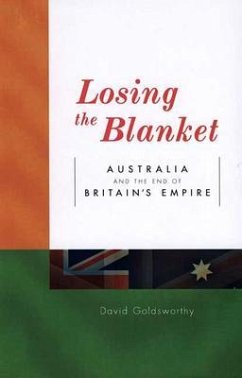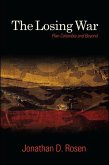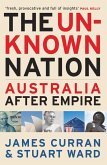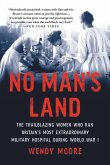In the 1960s, Britain dissolved almost all of its formal empire as part of a general effort to renovate its world role. British decolonisation and its aftermath had implications for Australian policies in the key areas of defence in Southeast Asia, the politics of the Commonwealth, the European Union and Australia's own colonial policy and the bilateral relationship with Britain itself. The second part of the story tells how Britain and Australia re-established their relationship on a new footing.
When Britain's sprawling empire wound down with unexpected speed in the 1960s, Australia lost a comforting 'security blanket'. We had to struggle to re-establish and protect ourselves in a volatile and threatening world. Australia's interests in empire had taken many forms-strategic, economic, cultural and psychological. Indeed Australia had used British experience as a template for its own 'mini-imperialism', in Papua and New Guinea for example. The most important connnections between Britain's imperial interests and Australia's regional ones were in Southeast Asia, but they extended to the Indian and Pacific oceans and even to Africa. The effects of the end of empire upon Australia's external relations have tended to be eclipsed by historians' emphasis on Cold War imperatives and Australia's consequent alignment with the United States. Losing the Blanket rights the balance by showing how Australia's foreign policy during the 1950s and 1960s was affected by the end of empire. Under the thirty-year rule, vital primary sources in both Britain and Australia are now accessible. They reveal the effects of post-imperialism upon Australian policies in key areas such as defence planning in Southeast Asia, the politics of the Commonwealth, European union, Australia's own colonial policy, and relations with Britain itself. David Goldsworthy's account is both clear and thorough. As first Menzies and then Holt looked to protect Australia's interests, the groundwork was laid for our involvement in Vietnam and for the pattern of Australia's foreign relations today.
When Britain's sprawling empire wound down with unexpected speed in the 1960s, Australia lost a comforting 'security blanket'. We had to struggle to re-establish and protect ourselves in a volatile and threatening world. Australia's interests in empire had taken many forms-strategic, economic, cultural and psychological. Indeed Australia had used British experience as a template for its own 'mini-imperialism', in Papua and New Guinea for example. The most important connnections between Britain's imperial interests and Australia's regional ones were in Southeast Asia, but they extended to the Indian and Pacific oceans and even to Africa. The effects of the end of empire upon Australia's external relations have tended to be eclipsed by historians' emphasis on Cold War imperatives and Australia's consequent alignment with the United States. Losing the Blanket rights the balance by showing how Australia's foreign policy during the 1950s and 1960s was affected by the end of empire. Under the thirty-year rule, vital primary sources in both Britain and Australia are now accessible. They reveal the effects of post-imperialism upon Australian policies in key areas such as defence planning in Southeast Asia, the politics of the Commonwealth, European union, Australia's own colonial policy, and relations with Britain itself. David Goldsworthy's account is both clear and thorough. As first Menzies and then Holt looked to protect Australia's interests, the groundwork was laid for our involvement in Vietnam and for the pattern of Australia's foreign relations today.








